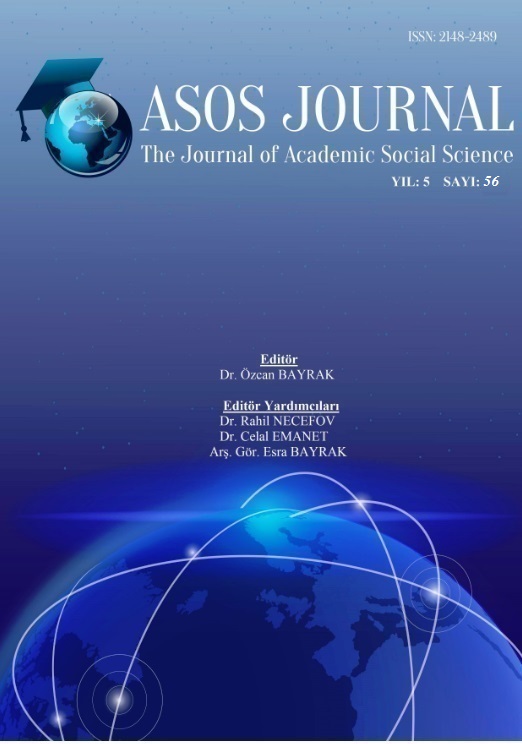Author :
Abstract
Kamusal mekânlar toplumsal deneyimin ve sosyal yaşanmışlıkların biçimlediği, gelişen bir tasarım süreci ile oluşan, zamana ve kullanıma bağlı olarak nitelik kazanan yerlerdi. Son dönemde kamusal mekânlara kamu ve özel sektör yanı sıra farklı toplumsal kesimlerin ilgisinin hızla artması ile kentlerde hem fiziksel, hem de sosyal anlamda önemli dönüşümler yaşanmaya başladı. Bu dönüşümlerin sebebi; küresel sermaye için en önemli yatırım aracının kentsel mekânlar olmasıdır. Bu dönüşümler özellikle üretim ve tüketimin karşılıklı olarak işlediği mekânların oluşturulması adına yoğunlaşmaktadır. Dönüşüm sürecinde kentlerin genel görünümü değişmekte, üretilen kamusal mekânlar, konut alanları artık 20-30 sene önce üretilen mekânlardan farklı olarak ortaya çıkmaktadır. Bu değişim kapsamında dönüşen kentlerde kamusal mekânın anlamı ve işlevi de değişmekte buna bağlı olarak kentlerde planlamanın temel ilkeleri güçsüzleşmektedir. Bu değişim ve dönüşüm sürecinde sadece fiziki anlamda mekânsal bir değişim yaşanmamakta mekânın dönüşümü ile toplumsal bağlamda da önemli değişiklikler olmaktadır. Çünkü kamusal mekân, sadece yapıların oluşturduğu bir “yer” değildir. Aynı zamanda, toplumsal olayların gerçekleştiği ve insanlarla çevresi arasındaki ilişkiyi şekillendiren sosyal-kültürel bir olgudur. Dolayısıyla, insan ve toplum davranışları üzerinde önemli bir etkisi olan kamusal mekânın değişimi-dönüşümüyle ilişkili olarak kent ölçeğinde de sosyal-kültürel değişimler yaşanmaktadır. Bu çalışmada kamusallık ve kamusal mekân kavramının tanımlanması, kavramların tarihsel süreç içerisindeki değişimlerinin açıklanması, bu çerçevede kentlerde kamusallık-kamusal mekânın yakın dönemde yaşadığı ve giderek derinleşen dönüşümün temel özelliklerinin ortaya konulması amaçlanmıştır.
Keywords
Abstract
Public spaces were places that were formed by a developing design process that social experience and social experiences formed, and which were qualified according to time and usage. Recently, with the rapid increase of public and private sector as well as the interest of different social groups, important transformations both in physical and social sense have started to take place in the cities. The reason for these transformations is; the most important means of investment for global capital is urban spaces. These transformations concentrate especially on the creation of spaces where production and consumption operate mutually. In the process of transformation, the general appearance of the cities is changing and the public spaces and residential areas produced are different from the places that were produced 20-30 years ago. The meaning and function of the public space in cities that are transformed by this change also changes and the basic principles of planning in cities are weakened accordingly. In this process of change and transformation, there is not only a spatial change in the physical sense but also a significant change in the social context with the transformation of the space.Because public space is not just a "place" of structures. It is also a social-cultural phenomenon in which social events take place and shape the relationship between people and the environment.Therefore, social-cultural changes are also taking place in the urban scale in relation to the transformation of the public space, which is an important influence on human and social behavior. In this study, it was aimed to define the concept of public space and public space, to explain the changes of concepts in the historical process, to reveal the basic features of the public space-public space in cities in this frame and the increasingly deepening transformation.





